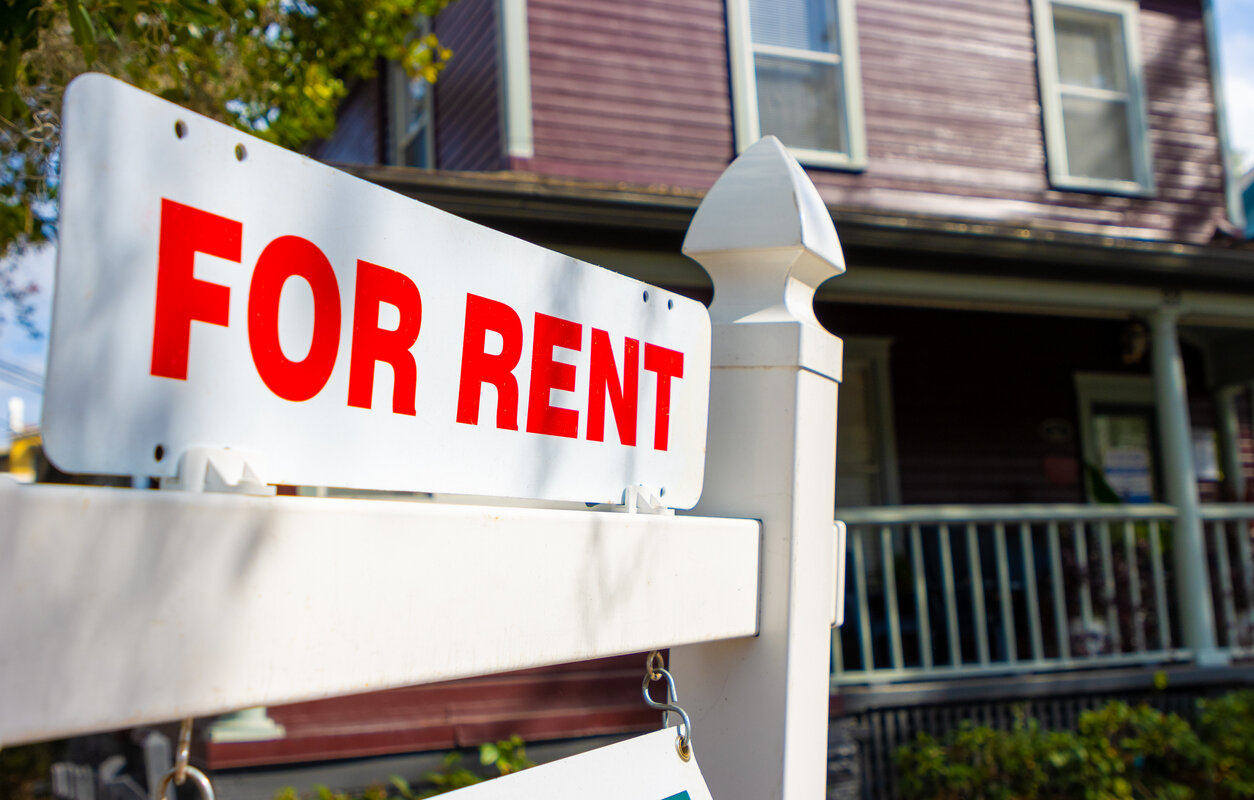
Should I Sell My House or Rent It Out?
Deciding whether to sell your house or rent it out can be a daunting task, especially if you’re facing major life changes or financial considerations. Each option comes with its own set of advantages and challenges, making it essential to weigh the pros and cons carefully before making a decision. In this blog post, we’ll explore the factors to consider when determining whether to sell your house or rent it out.
Selling Your House
Pros
- Immediate Cash Inflow: Selling your house allows you to receive a lump sum of cash from the sale, which can be used to pay off debts, invest in other properties, or fund major life events.
- No Landlord Responsibilities: Selling your house relieves you of the responsibilities and expenses associated with being a landlord, such as property maintenance, repairs, and tenant management.
- Avoid Market Fluctuations: Selling your house allows you to avoid potential fluctuations in the real estate market that could affect property values and rental income.
Cons
- Loss of Potential Rental Income: Selling your house means giving up the potential rental income that could be generated from tenants, which could be a significant source of passive income over time.
- Transaction Costs: Selling a house involves transaction costs such as real estate agent commissions, closing costs, and potential capital gains taxes, which can eat into your profits.
- Market Timing: Selling your house at the right time is crucial to maximize its value, and timing the market correctly can be challenging and uncertain.
Renting Out Your House
Pros
- Passive Income: Renting out your house allows you to generate passive income through rental payments, which can help cover mortgage payments, property taxes, and other expenses.
- Property Appreciation: Owning rental property allows you to benefit from property appreciation over time, potentially increasing the value of your investment and providing long-term financial security.
- Tax Benefits: Rental property owners are eligible for various tax deductions, including mortgage interest, property taxes, depreciation, and expenses related to property maintenance and repairs.
Cons
- Landlord Responsibilities: Renting out your house comes with the responsibilities of being a landlord, including tenant screening, property maintenance, repairs, and dealing with tenant issues and complaints.
- Vacancy Risk: Vacancies can result in a loss of rental income and additional expenses associated with finding new tenants, such as advertising costs and property preparation.
- Property Management Challenges: Managing rental property requires time, effort, and expertise, and dealing with difficult tenants or property maintenance issues can be stressful and time-consuming.
Deciding whether to sell your house or rent it out depends on various factors, including your financial situation, investment goals, market conditions, and personal preferences. While selling your house provides immediate cash flow and relieves you of landlord responsibilities, renting it out offers the potential for long-term passive income and property appreciation. Ultimately, the decision should align with your financial objectives and lifestyle preferences. Consulting with a Cash Buyer like buyerhouse can help you evaluate your options and make an informed decision that suits your needs and circumstances.

